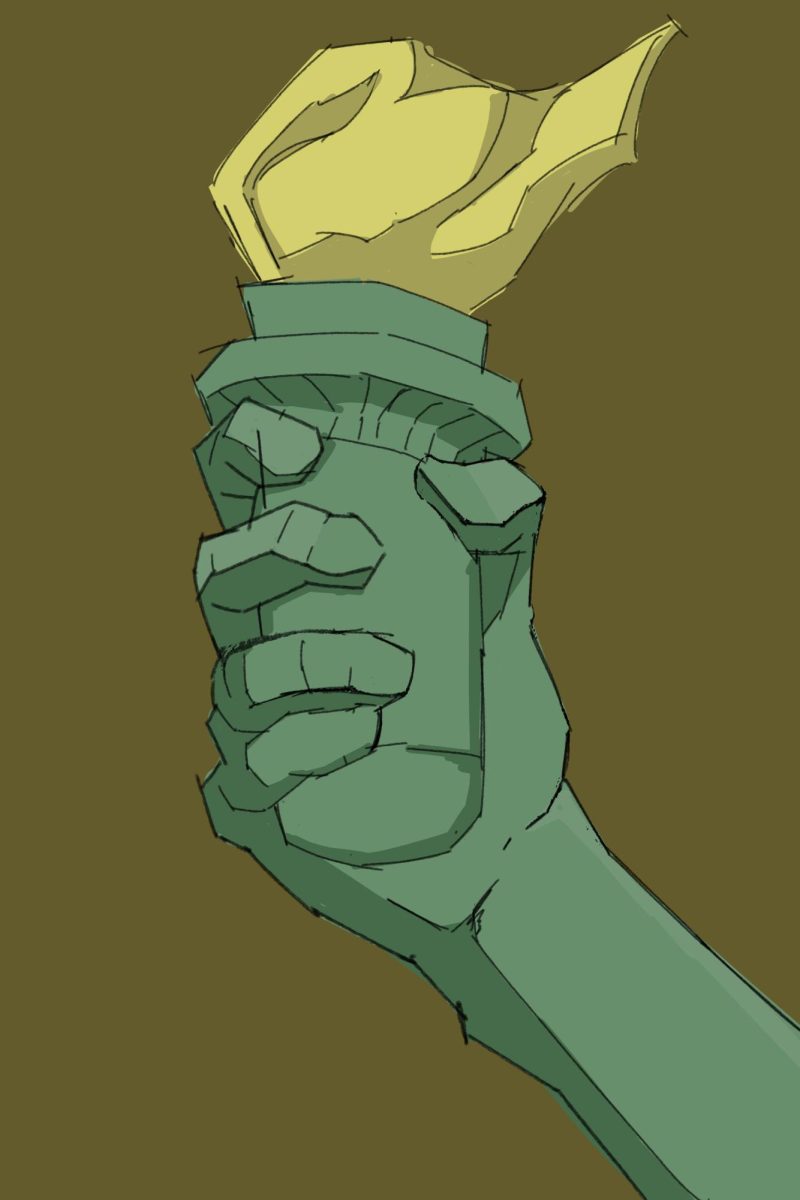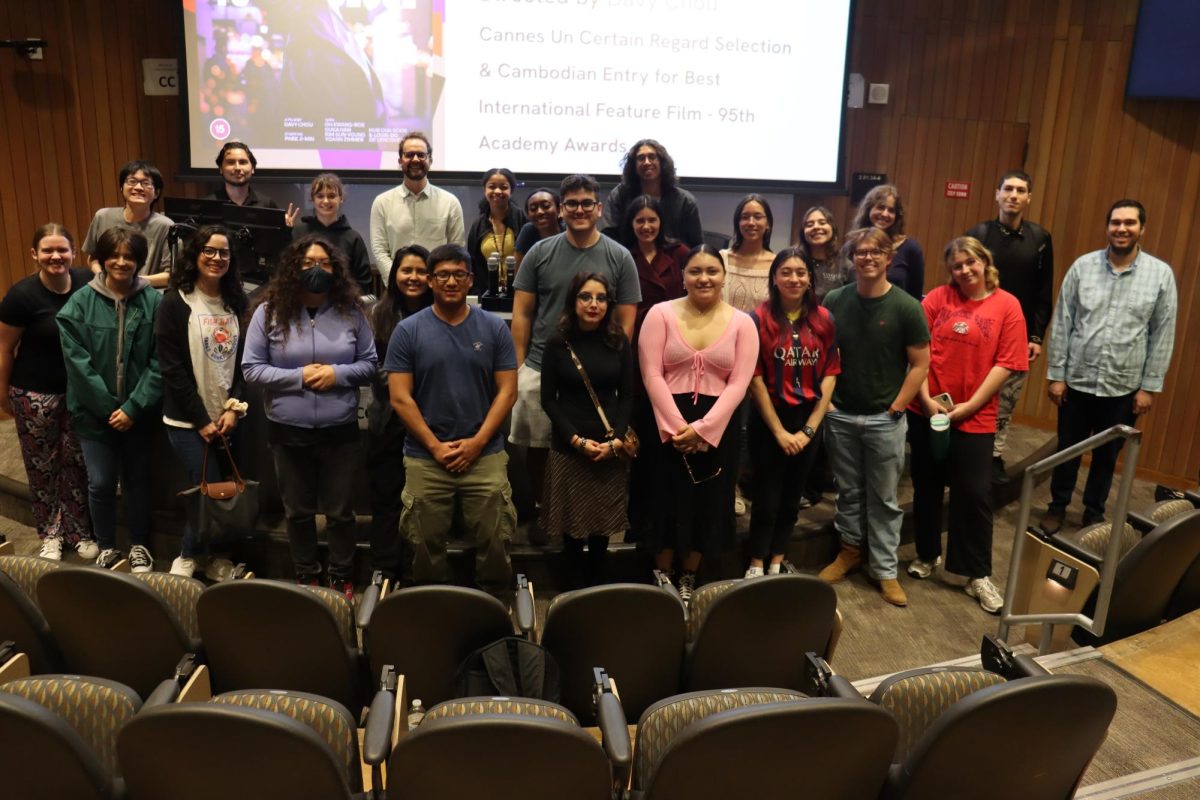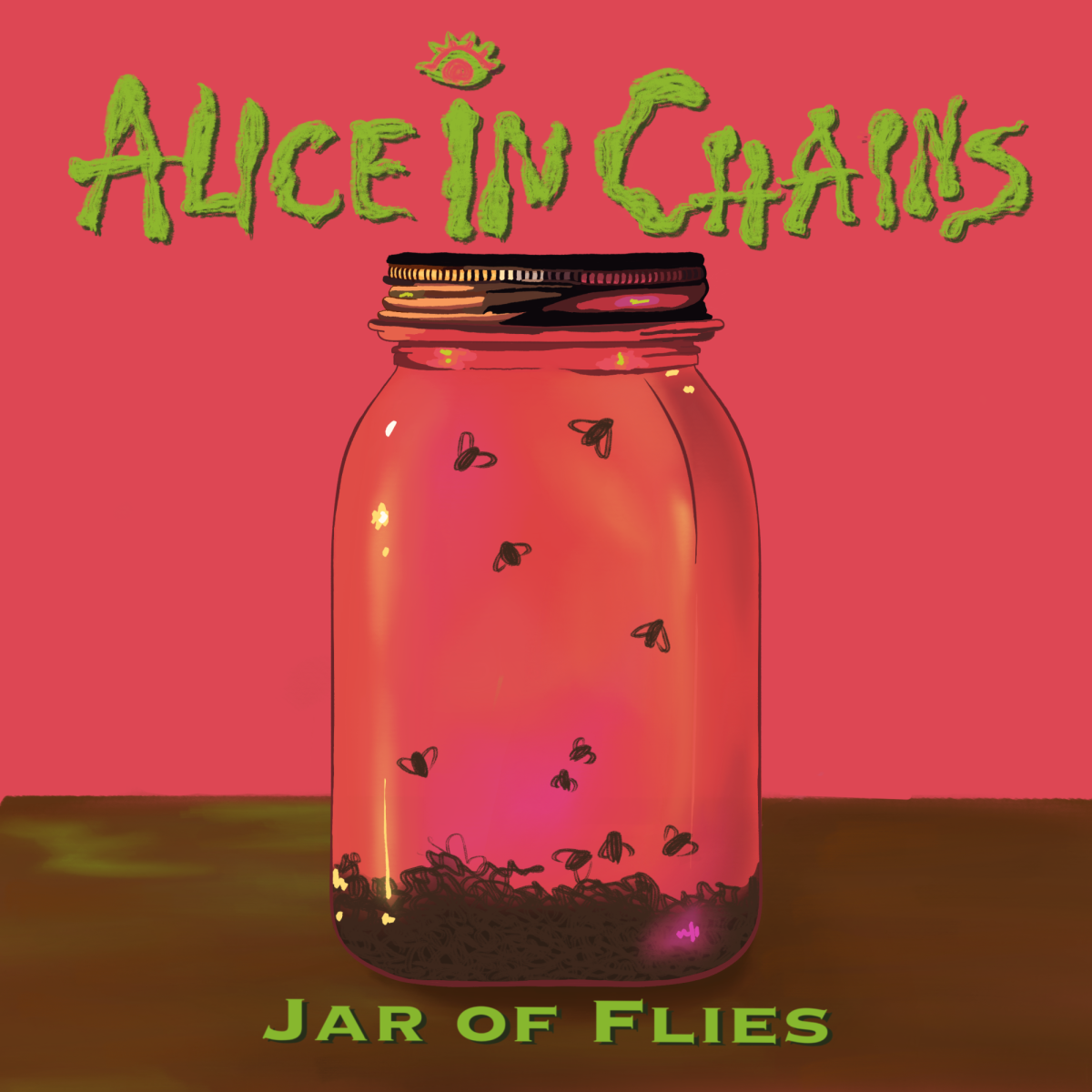“There are no two words in the English language more harmful than ‘good job.’” It can’t be true…can it? The way Conductor Terrence Fletcher snarls it, you damned well better believe it.
“Whiplash,” 29-year-old director Damien Chazelle’s second film, unfolds similar to its main character’s psyche. Andrew Neiman (Miles Teller), newly enrolled at prestigious music academy Schafer Conservatory, is nervous yet confident in his ability to be the next Buddy Rich, or at least a great drummer. Falling under the tutelage of Fletcher (J.K. Simmons) upon a chance encounter, Andrew is berated, cursed at and physically assaulted by Fletcher until he gets a modicum of his standard of excellence out of his subjects.
Teller, often playing the role of likable everyman or over-eager fratboy in films such as “The Spectacular Now” and “21 & Over,” alters his image to become the vulnerable, often loathsome and potentially self-destructive student with great results. Watching someone become so infatuated with a specific idea of success isn’t by any means revelatory, but Teller rings emotion out of his audience. As the determined Andrew travels down his dark road of obsession, many sweat-tinged cymbals and buckets of bloody ice water line the pathway.
The film, however, belongs to Simmons. His Fletcher character combines his best works, from calm dad in “Juno” to sadistic Aryan Brotherhood leader in “Oz,” to a precise and convincing monster, who knows exactly what he demands out of his students.
His tactics are harsh – by some standards cruel. Simmons’ calm demeanor in the eye of the public hides a mountain of furious rage. A soon-to-be classic scene, in which Fletcher tosses a chair at Andrew’s head before physically slapping him as he counts drum patterns, is terrifying yet hilariously menacing. There is no relief from the film’s mirror reflecting back on society for our need to be coddled through life’s struggles.
There is a toxic yet electric current that bounces between the two leads. Andrew is eager to please, and Fletcher is all too willing to dish out vitriol that even someone’s drunk uncle would deem foul. At times nauseatingly tense, yet always entertaining, the two push each other to their psychological breaking points just as much as their physical ones. A scene in which Fletcher callously demands that Andrew and two other potential drummers play a perfect practice set for hours on end before they begin an actual class practice is grueling.
The film never rushes or drags, clocking in at just over one-and-a-half hours, building to a finale that brings Andrew and Fletcher face-to-face in a power struggle for the ages. Even before the final curtain call, Andrew is unrecognizable from the person the audience started this journey with, friendless and obsessive to the point of dumping his only shot at a girlfriend on the grounds of being a distraction from his potential to be his generation’s best drummer.
In the end, is a little self-torture worth it for a perfect rendition of “Caravan”? That is the ultimate question “Whiplash” asks, and Damien Chazelle declines to decide for us what to believe by the film’s explosive finish. Just don’t tell him “good job.”











